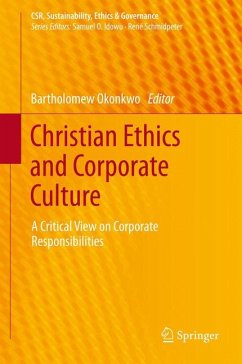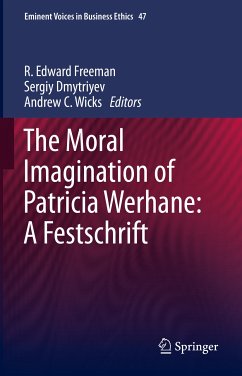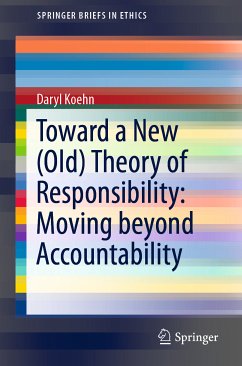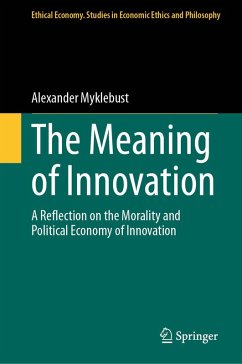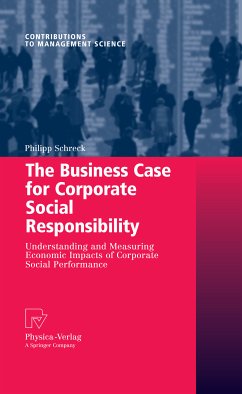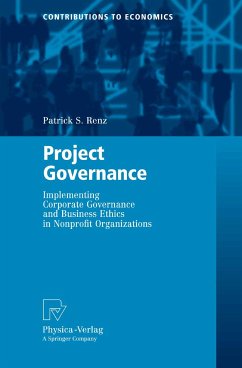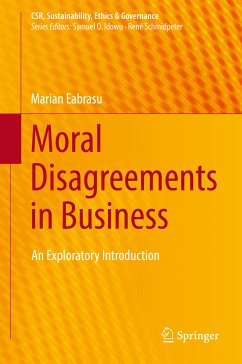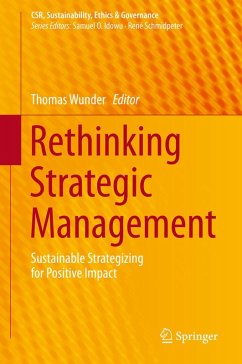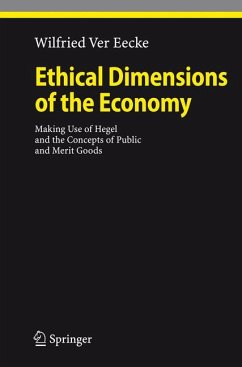
Ethical Dimensions of the Economy (eBook, PDF)
Making Use of Hegel and the Concepts of Public and Merit Goods
Versandkostenfrei!
Sofort per Download lieferbar
72,95 €
inkl. MwSt.
Weitere Ausgaben:

PAYBACK Punkte
36 °P sammeln!
Overview This book is a philosophical reflection (using mainly Hegel, in addition to 1 Adam Smith, Kant, Marx and Catholic Social Thought) about the soc- political dimension of economics. In it I both agree and disagree with the slogan that "the least government is the best government. " I agree with the slogan, in particular as it applies to the economic domain. Adam Smith taught us that rational and self-interested individuals, left by themselves, create a more efficient and reliable economic system than one in which the government has a heavy role as was the case in his time with the merc- ...
Overview This book is a philosophical reflection (using mainly Hegel, in addition to 1 Adam Smith, Kant, Marx and Catholic Social Thought) about the soc- political dimension of economics. In it I both agree and disagree with the slogan that "the least government is the best government. " I agree with the slogan, in particular as it applies to the economic domain. Adam Smith taught us that rational and self-interested individuals, left by themselves, create a more efficient and reliable economic system than one in which the government has a heavy role as was the case in his time with the merc- tile system (Smith, 14, 651). Ludwig von Mises demonstrated the same idea for the communist command economy (Hayek 1935, 87-130). I d- agree with the above mentioned slogan if it is interpreted as suggesting that we can best forget about the role of the government for a good functioning economy. Instead, I will argue that the government has an important fu- tion in creating the proper regulations and the wise institutional arran- ments which will allow the economy to flourish in a more efficient, fair and humane way. This book is interdisciplinary in nature. It is a philosophical and ethical reflection on economics. Hence, I make use of philosophical ideas, often but not exclusively those of Hegel. I reflect philosophically on economic concepts.
Dieser Download kann aus rechtlichen Gründen nur mit Rechnungsadresse in A, B, BG, CY, CZ, D, DK, EW, E, FIN, F, GR, HR, H, IRL, I, LT, L, LR, M, NL, PL, P, R, S, SLO, SK ausgeliefert werden.




